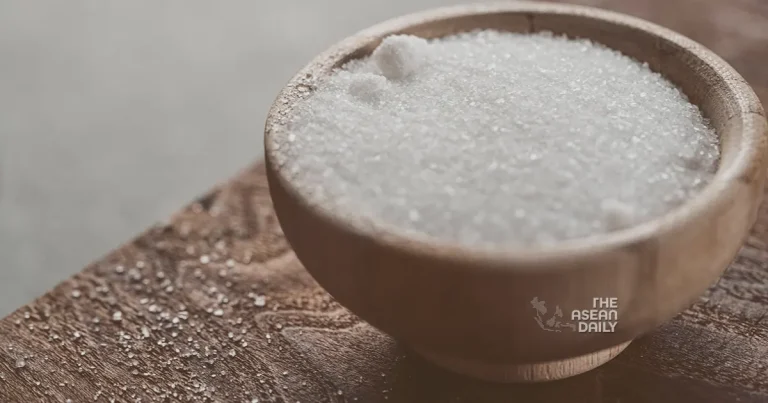14-10-2023 (KUALA LUMPUR) In a bid to mitigate health risks associated with excessive sugar consumption, the Malaysian government has increased the excise duty on sugary drinks from 40sen to 50sen per litre. Additionally, a 5% excise duty will now be imposed on chewing tobacco.
The initial 40sen excise duty on sugary drinks was introduced in July 2019 and targeted two categories of ready-to-drink packaged sweetened beverages. This included carbonated drinks with added sugar or flavoring and other sweetening agents with sugar content exceeding 5g per 100ml.
This move is part of the government’s broader strategy to combat obesity and related non-communicable diseases, particularly diabetes. Prime Minister Datuk Seri Anwar Ibrahim, during the presentation of Budget 2024, explained that the revenue generated from these excise duties would be used to develop dialysis centers.
Despite the increase in the excise duty on sugary drinks, some experts express disappointment that there was no corresponding increase in tobacco taxes. They argue that taxing chewing tobacco may not yield substantial revenues. For instance, the excise duty imposed on one kilogram of chewing tobacco would amount to RM27.
However, public health expert Datuk Dr. Zainal Ariffin Omar highlights that raising excise duty on sugary drinks is timely and the introduction of an excise duty on tobacco may discourage consumption. He underlines the significant health risks associated with excessive sugar consumption, including its links to cancer, non-communicable diseases (NCDs), and obesity. Sugar is known to cause addiction, and many individuals consume sugar without fully considering its consequences.
Prof. Dr. Sharifa Ezat Wan Puteh from Universiti Kebangsaan Malaysia emphasizes the importance of combining tax increments with effective enforcement and deterrence. She points out that previous increases in tobacco taxes led to a flourishing black market for tobacco products, as many individuals continued to source tobacco from illicit sources.
Dr. Azizan Abdul Aziz, President of the Malaysian Medical Association (MMA), acknowledges that the increase in the excise duty on sugary drinks is a positive step in discouraging excessive sugar consumption. However, he also emphasizes the need for transparency in how the revenue generated from these excise duties is allocated, particularly for the treatment of diabetes and support for dialysis.
The “The Direct Health-Care Cost of Noncommunicable Diseases in Malaysia” report reveals that the cost of primary care and outpatients for diabetes in 2017 was RM3.1 billion. This underscores the significant financial burden associated with treating NCDs in the country.




